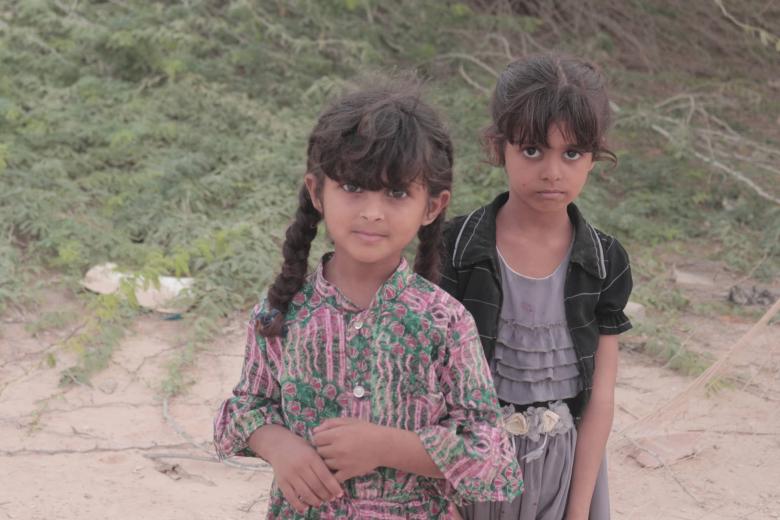
Two Mahri girls in the countryside of the city of Al-Ghaydah (South24)
آخر تحديث في: 20-07-2022 الساعة 6 مساءً بتوقيت عدن
Abdullah Al-Shadli (South24)
At 6PM, we arrived at Al-Mahra during a sunset in the marvelous Southern governorate which is located on the borders with Oman. Luxury hotels are not prevalent in Al-Ghayda, the capital city of the governorate. In the streets, locals conditions are worse than expected.
Despite its strategic location, its land and maritime crossings, the local and regional feverish competition over it and being away from the war, Al-Mahra suffers from bad economic and humanitarian conditions.
From high prices and unemployment to the low wages of vocational and hard working jobs, the majority of marginalized people of Al-Mahra live in cruel conditions. Local officials blame the central government who is apparently helpless as the governorate is controlled by outsiders.
Deprivation and unemployment
While the Northerners in Al-Mahra dominate most public and private jobs that have high or medium salaries, the governorate’s citizens are largely denied holding such jobs. Additionally, the Northerners jostle with the governorate's citizens to hold the low income jobs. Even the public gardens and parks are guarded by employees from Sanaa, Taiz and other Northern governorates.
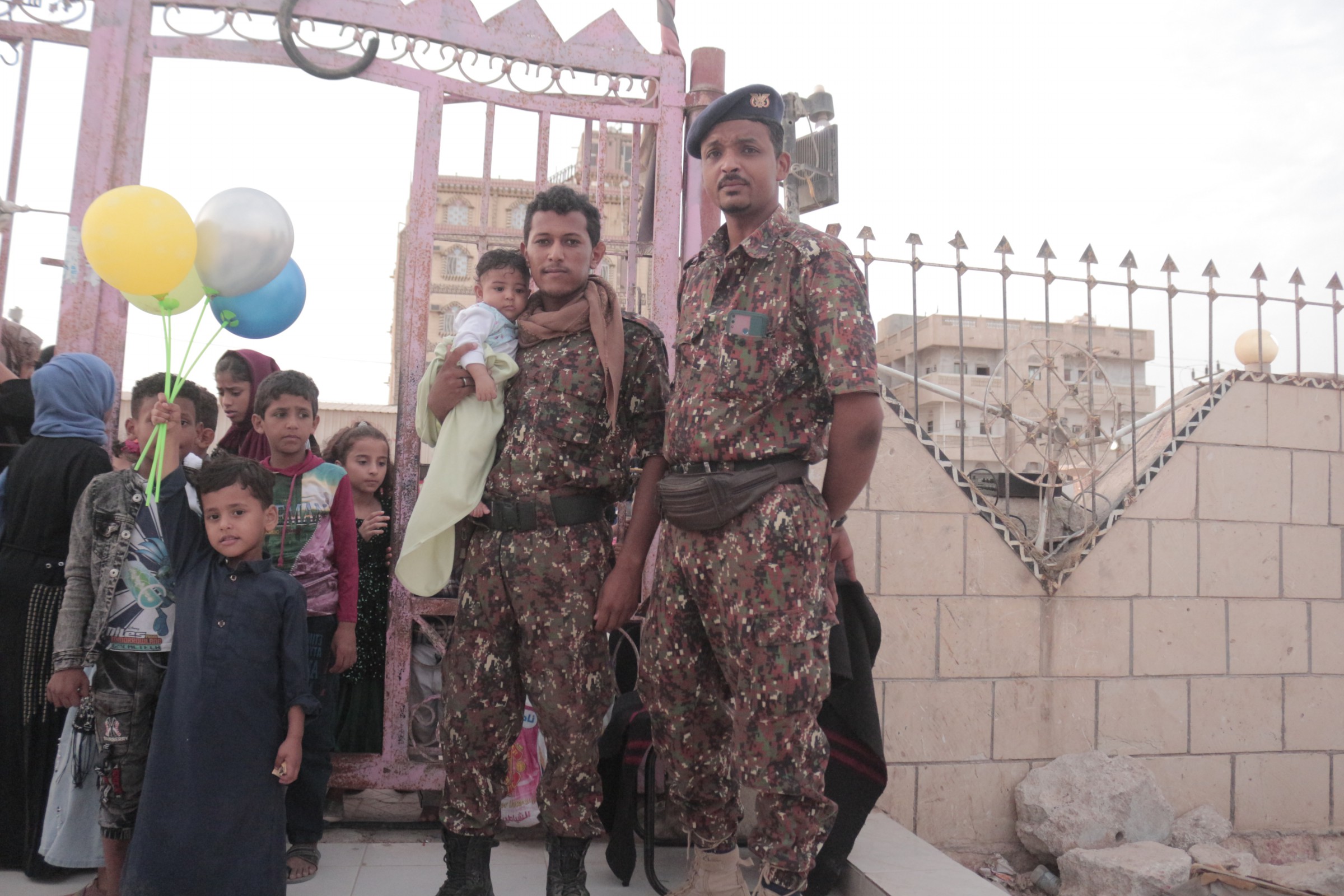
Northern soldiers at Al-Ghaydah Garden's entrance, June 25th 2022 (South24, Abdullah Al-Shadli)
Many of Al-Mahra's citizens, interviewed by "South24", attributed this situation to the Northern military and security control on the governorate and the strong Northern influence over it. They said that the capabilities and the facilities provided to the Northerners have enabled the Northerners to seize control at the expense of original citizens.
During our tour, the streets of Al-Ghayda were exactly like Sanaa, as most people wear traditional Northern outfits. For a while, we feel that we live in the Northern capital unless the presence of those shops whose signboards carry the name of Al-Mahra which occasionally reminds you that you are here. This resembles the conditions in the nearby Hadramout Coast, from which we came, during the Sanaa central authority nearly a decade ago.
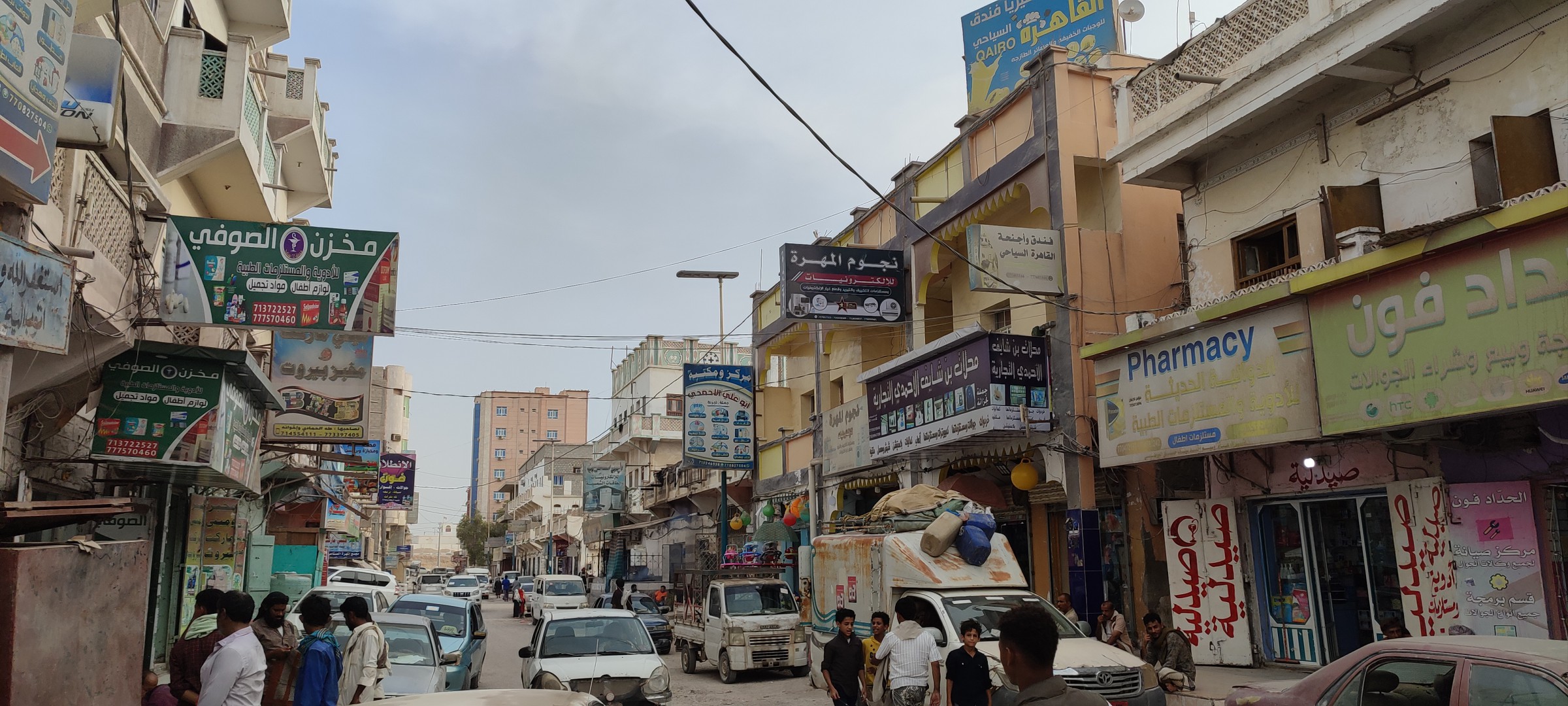
The city of Al-Ghayda, Al-Mahra governorate, June 21st, 2022 (South24, Abdullah Al-Shadli)
"While many of Al-Mahra's people hold vocational jobs, the majority of them are the poorest and forced for generations to rely on modest or marginal jobs" according to the retired teacher Amin Amer who spoke to "South24".
He added: "Al-Mahra's citizens are largely deprived of holding high positions or high income jobs in both private companies and public institutions. Few of the governorate’s citizens are employed in important sectors such as electricity, communication, army and security."
However, Eng. Salem Al-Aboudi, Al-Mahra's Deputy for Technical Affairs, told "South24" that” it is not right that all who control the military and the security positions in Al-Mahra are from North". The official attributed the low Mahri representation in these two sectors to their lack of patience towards the delay in paying salaries for three months sometimes.
On the other hand, Mahri citizen Salem Basaioud told "South24": "It is not fair for the Mahri people to endure the government's failure to provide salaries and begging the Northerners to hold what can we make although the governorate's revenues are very big".
He added: "Finding a job for my eldest son Awad, in a private company in the governorate was almost impossible because of the growing number of people who come to the governorate, especially the Northerners. The displaced people accept lowest salaries and dominate job opportunities while most young men in Al-Mahra don't accept such low salaries as living necessities here are very expensive".
He continued by saying: "I didn't believe myself when Awad found a job. The salary was a source of amazement among my friends and neighbors as what is considered a normal thing in Al-Mahra was a fortune for us".
Most coastal areas in Al-Mahra work in fishing. With the rise in fuel prices, they have two choices, whether to sustain incurring losses at work or to wait until dying from starvation. Along with fishing, many people in this governorate work in agriculture and animal breeding, especially in the areas which are far from the urban ones.
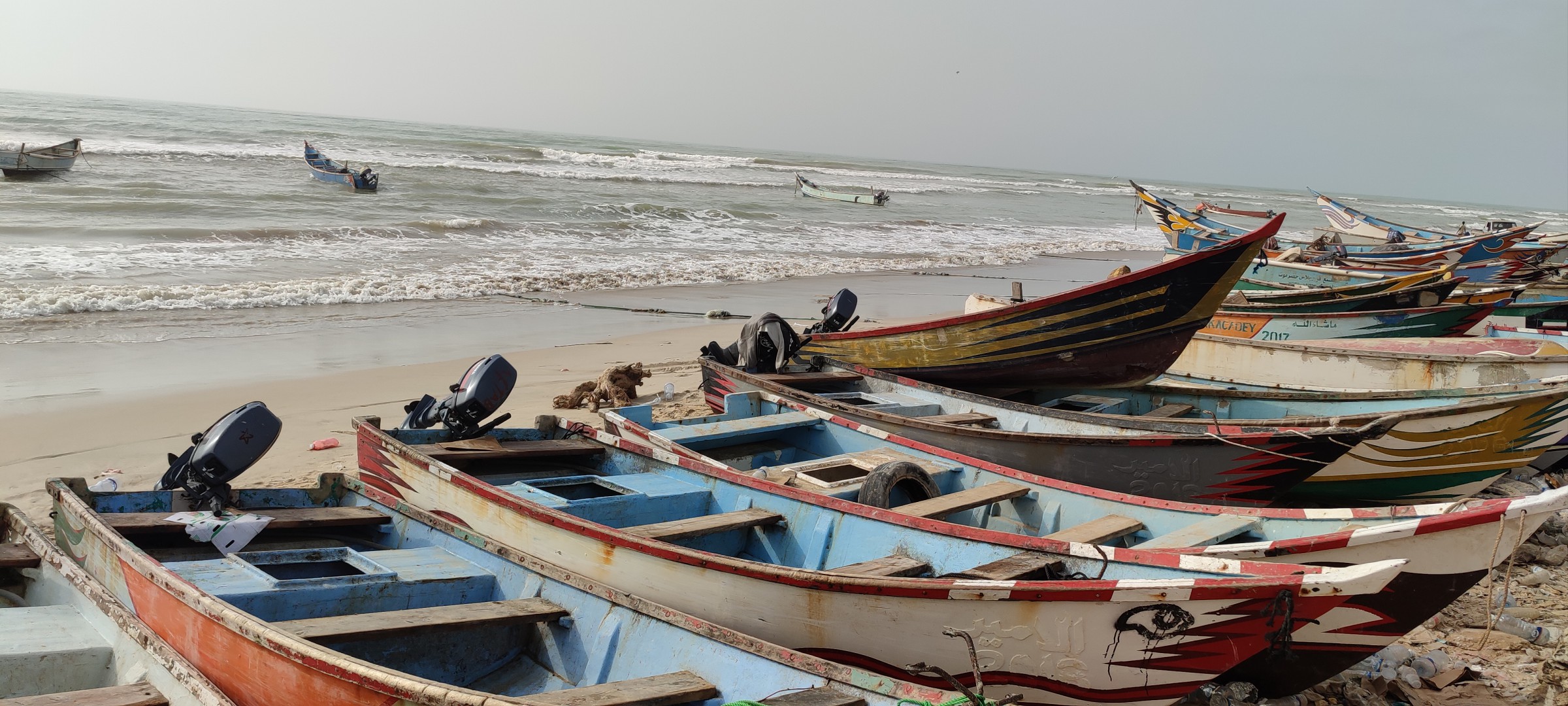
Fishing boats in Mahayfif in Al-Mahra, June 24th 2022 (South24, Abdullah Al-Shadli)
Abdullah Ali, a farmer from Al-Mahra's citizens, told "South24" that "disasters and storms affected our farms and backfilled some wells. We only received little support from organizations and government bodies". He added: "We would like to move to the solar energy systems but we need support. Our capabilities are very limited while water pumps which rely on fuel are costly".
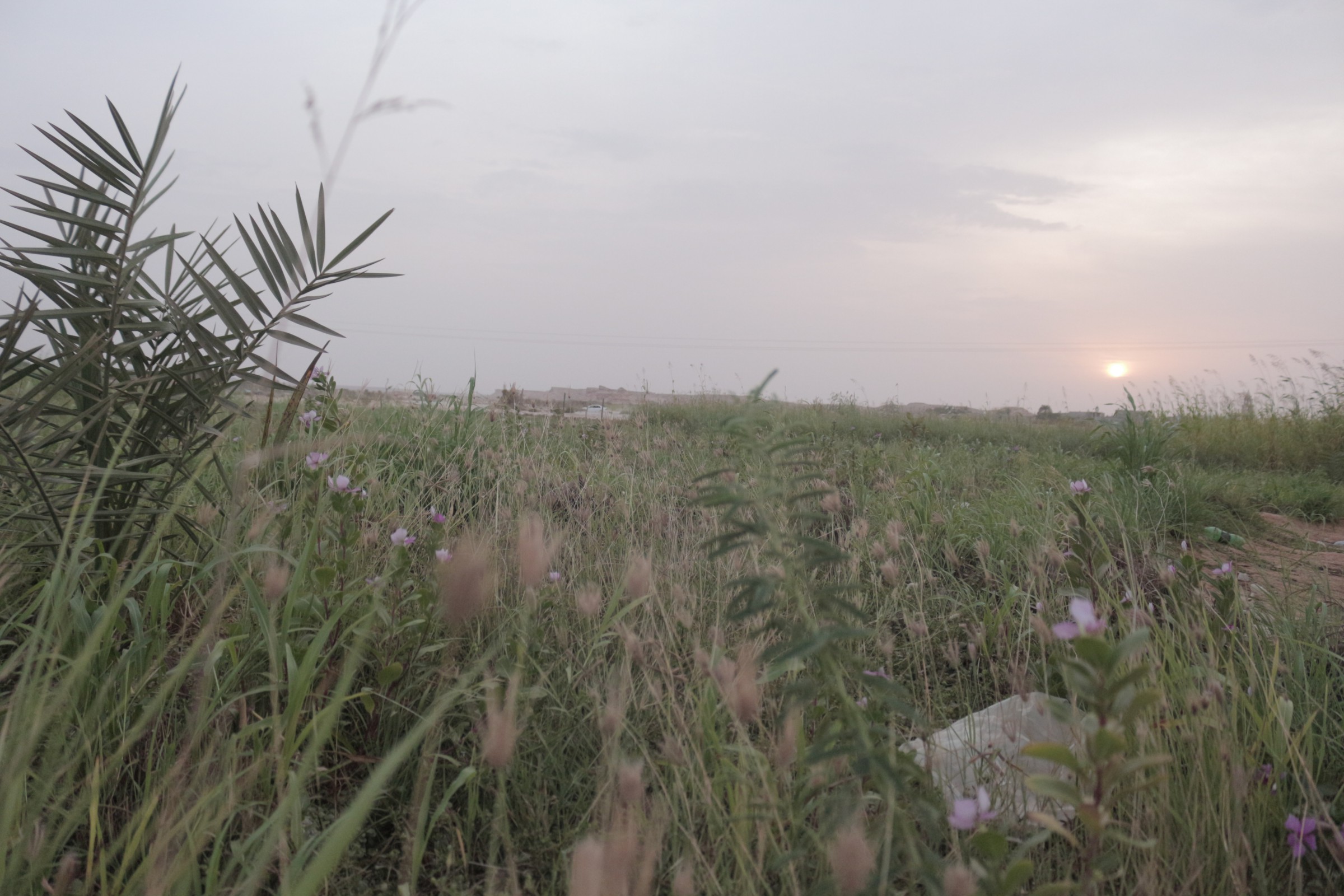
The farm of Abdullah Ali in Al-Mahra, June 24th 2022 (South24, Abdullah Al-Shadli)
Wasted resources
Lawyer Mujahid Al Afrar, the Head of Al-Mahra Youth Organization told "South24" that "the Yemeni government and the local authority neglected the tourism sector in Al-Mahra".
He added: "For example, Hawf District which contains the biggest natural reserves in the country lacks the simplest life necessities and the infrastructure projects. There are no hotels. its bumpy roads threaten visitors' lives and safety".
He added: "The government and the authorities don't have any strategic plan to invest in and revive these reserves to be acceptable among visitors. Despite the lack of capabilities, the Hawf Reserve receives thousands of visitors annually from inside and outside the country during the autumn season".
Al Afrar said: "Since 1967, there have been no projects to revive investment in the tourism sector in this reserve".
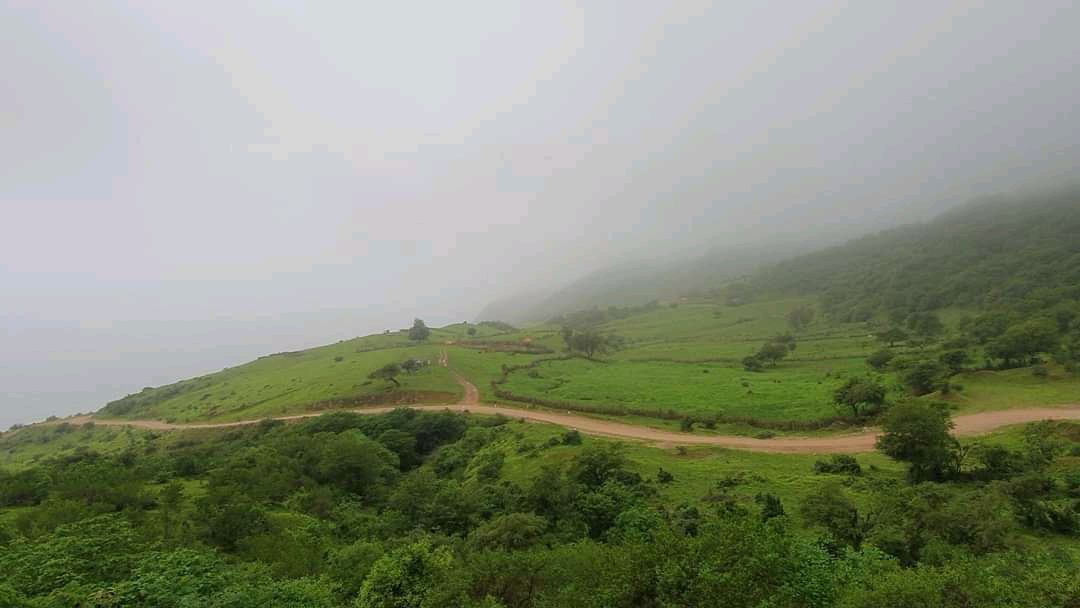
The Hawf Reserve in the governorate of Al-Mahra, July 16th 2022 (Hussein Amin)
He attributed this to "The neglect by Yemeni successive governments and the local authorities in spite of millions of revenues through Al-Mahra's outlets such as the Sardayt Port in Hawf between Oman and Yemen and Shahan Crossings which is considered a lifeline and a major economic source for the country".
As for Al-Aboudi, the main reason for not making the typical benefit from the Hawf Reserve is due to "the weakness of the state prestige". He added: "The tribes share most of the reserves' sectors. This is one barrier that obstructs exploiting the tourism sector in Al-Mahra".
Where do the revenues go?
According to Al-Aboudi, “Al-Mahra currently receives 20% of the whole revenues from the central government". He added: "We used to receive a bigger share during the last periods. All formal revenues are transferred to the Central Bank in Aden".
He said that the central government broke its commitment of financing a number of projects, some of which cost more than $22 million.” He added, “The local authorities became restricted. The central government does not provide jobs in various sectors, such as education, in which contractors demand an increase in salaries, as well as health".
He believes that the local authorities in Al-Mahra bear the mistakes of what he described as "the incapable central government".
He added: "Everyone notes that Al-Mahra during the past four months began to enter the crisis zone, whether in the form of the delay in paying salaries or electricity shortage. This is due to the little money received by the local government from the central government".
Although the little money received by the local government from the central government, local sources accused the authority of practicing nepotism regarding some infrastructure bids in the governorate in addition to some forms of finance duplicity.
The sources claimed to “South24" that "Al-Mahra Governor granted one of his friends a tender, a project to install some street lighting at a cost of $1,200 for each solar-powered light pole".
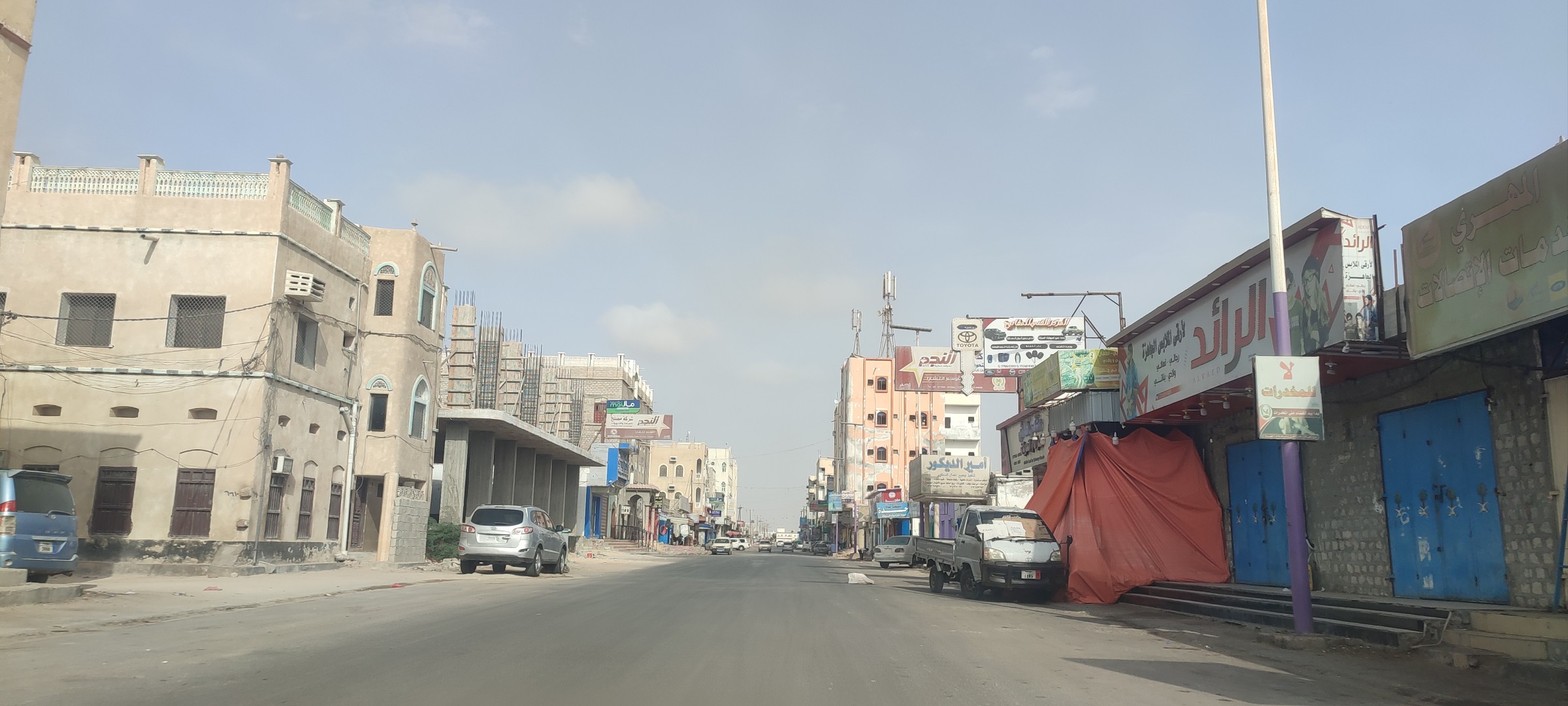
Roads in Al-Ghayda in Al-Mahra, June24th 2022 (South24, Abdullah Al-Shadli).
One source indicated that" one of the donor organizations guaranteed to finance this project” However, the sources admitted that the "project was implemented with high quality".
"South24" were not able to confirm these accusations. However, other sources close to Al-Mahra said: "These aren't the only dubious deals but there are other undisclosed ones".
Poor health services
Along with the hard economic conditions, the deterioration of the health sector adds further burden to the life of the governorate’s people.
In this regard, Amin Amer said: "Many of Al-Mahra's residents suffer from the poor health services provided by the public hospitals. They have to travel abroad or to nearby governorates to receive treatment. There are no specified clinics in the governorate hospital".
Regarding this, Al-Aboudi commented: "The specialized medical cadres demand high salaries which exceed $3000. Such salaries are beyond the capabilities of the local authorities". He asked: "If the central government failed to guarantee paying the salaries of the medical cadres, how can the local authorities make this?"
Waves of displacement
Al-Mahra is considered the most prominent front for those who were displaced from North Yemen due to the war. Those displaced people add more economic, service, and humanitarian burden on the shoulders of the governorate.
Regarding the impact of the displacement waves on the nature of life in Al-Mahra, lawyer Al Afrar said: "The impact is due to the lack of accurate statistics, it affects the monitoring of the displaced persons, how to accommodate them and absorb their large numbers. This negatively affects the governorate's resources, service consumption and infrastructure in general, such as: electricity, apartments, schools, and others".
Al Afrar believes it is necessary to "determine mechanisms and rules to receive the displaced people." He said: "It is illogical for Al-Mahra to receive displaced people from all governorates without specifying a percentage of the governorate's capabilities".
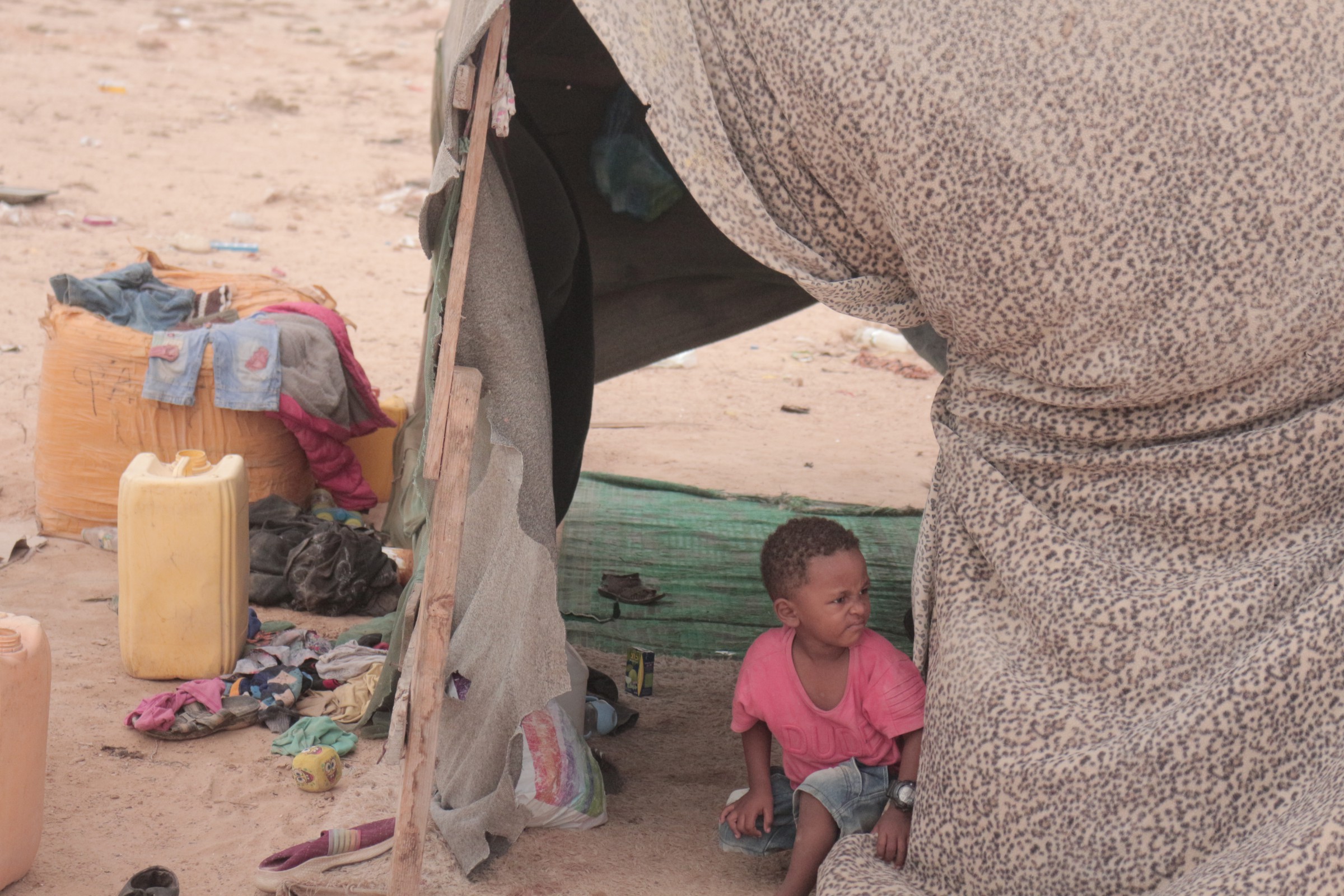
A camp for displaced people from war areas in North Yemen in Al-Mahra (June 26th, 2022 (South24, Abdullah Al-Shadli)
He indicated that "the local authorities in Al-Mahra consider the idea of setting rules for receiving the displaced people. However, there are no authorities that strictly impose this on the government".
Citizen Khamis Al-Khathiri told "South24": "We became strangers in our homeland. The prices of the apartments increased". He added: "Most of those who came from the Northern governors compete with us in owning houses. How can a displaced person own houses and properties outside his region?".
Expatriation
Due to the hard living conditions and the deprivation, many of Al-Mahra's citizens resorted to expatriation in diasporas countries to provide a decent life for their families.
On the reasons for the expatriation, Al Afrar said: "The rise in costs of living and life requirements, especially in Al-Mahra pushed many people for expatriation to rearrange their lives and feed their families."
He added: "on the other hand, the person who does not choose expatriation and who relies on a local job or free work suffer from humiliation and poverty and is unable to provide a decent life for his family".
The military checkpoints along the road during our exit from Al-Mahra enhanced the general impression felt by any visitor towards the governorate. It is the unknown vast area where most of its people live in a state of internal expatriation, deprivation and suffering.
Although its Mahri identity is almost fully obliterated, Al-Ghayda, the capital city of the governorate, always makes you feel nostalgic. During passing through the fragile checkpoints, one asks himself: "How will Al-Mahra be if it is controlled by its citizens only ".

قبل 3 أشهر
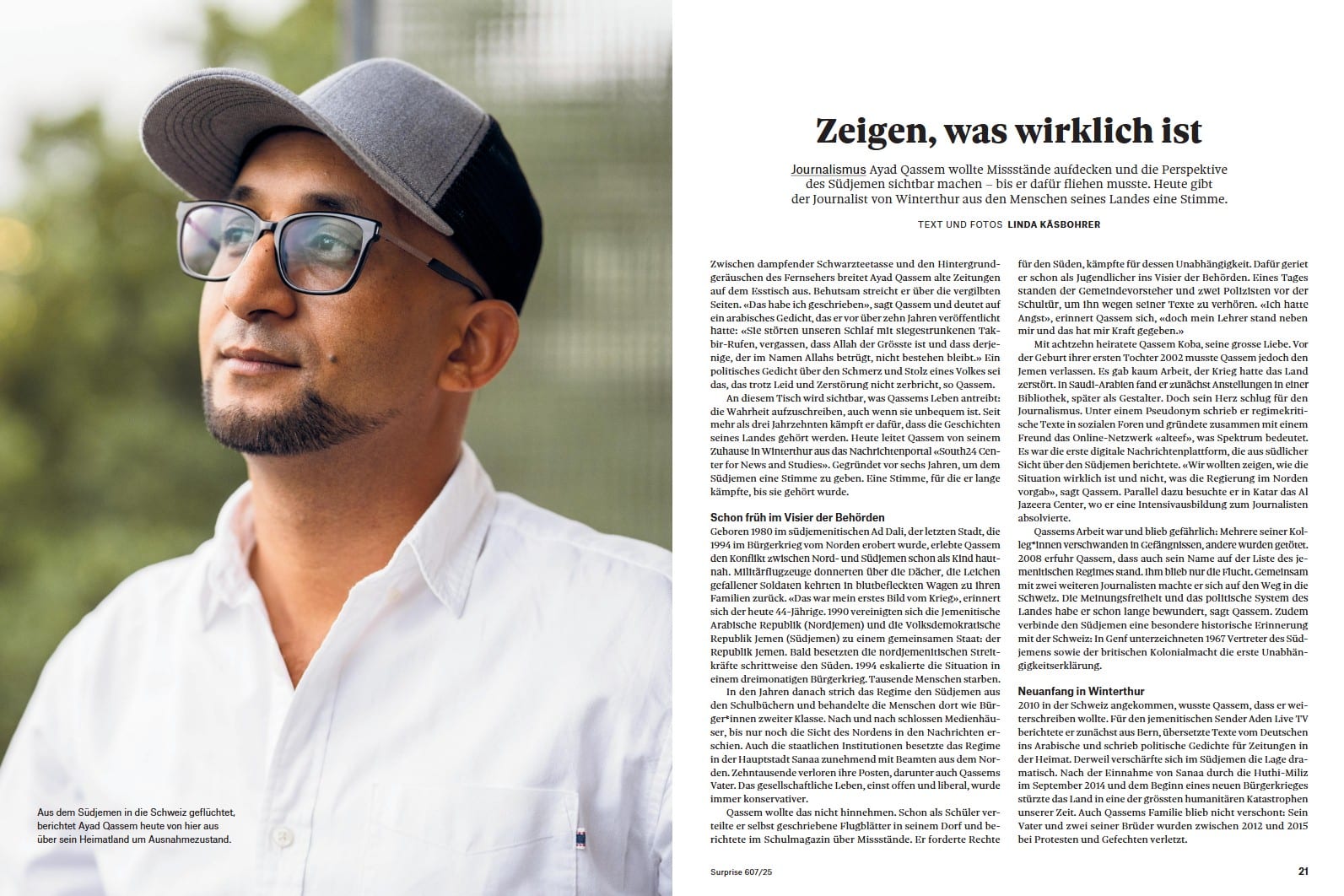
قبل 3 أشهر